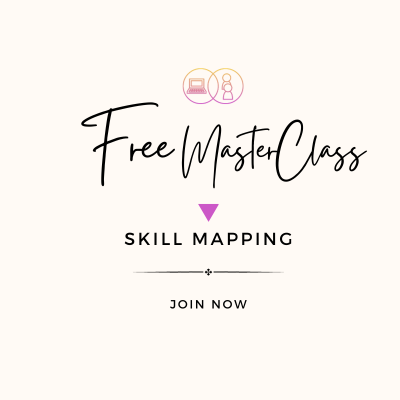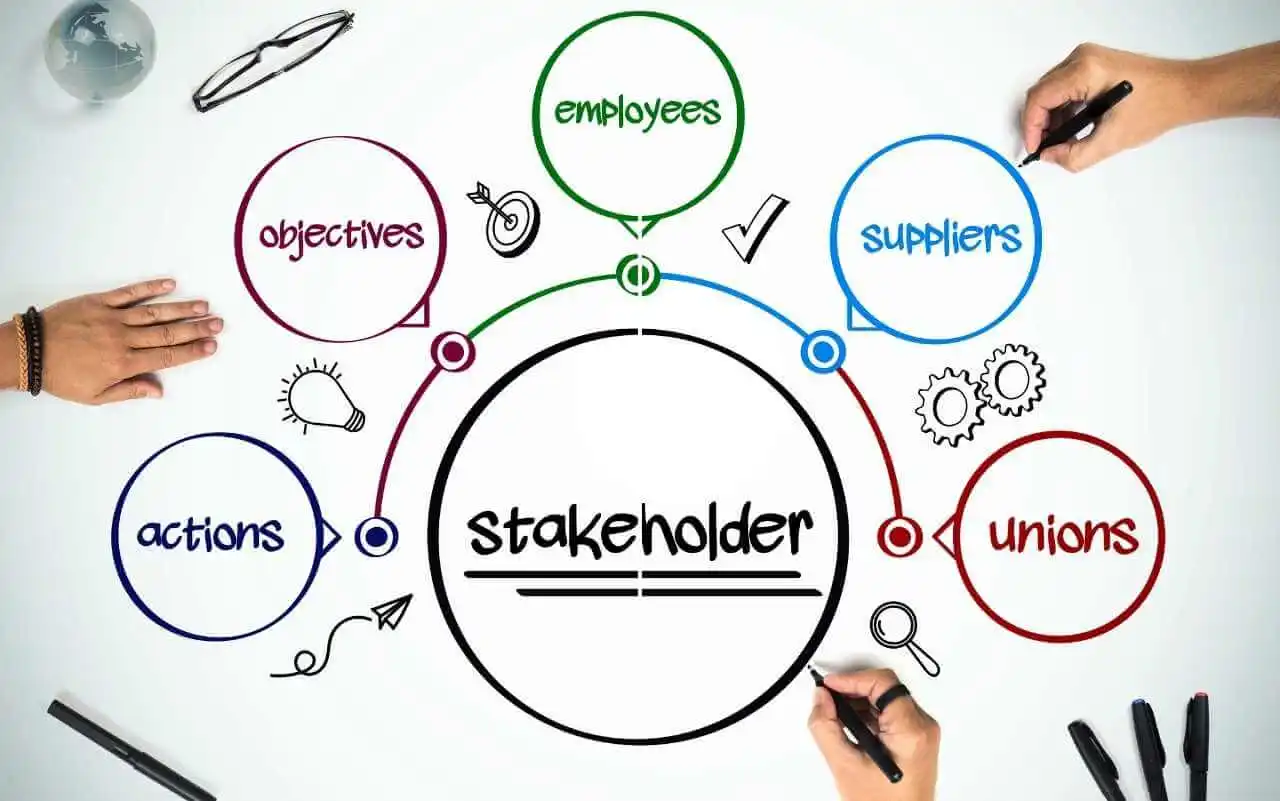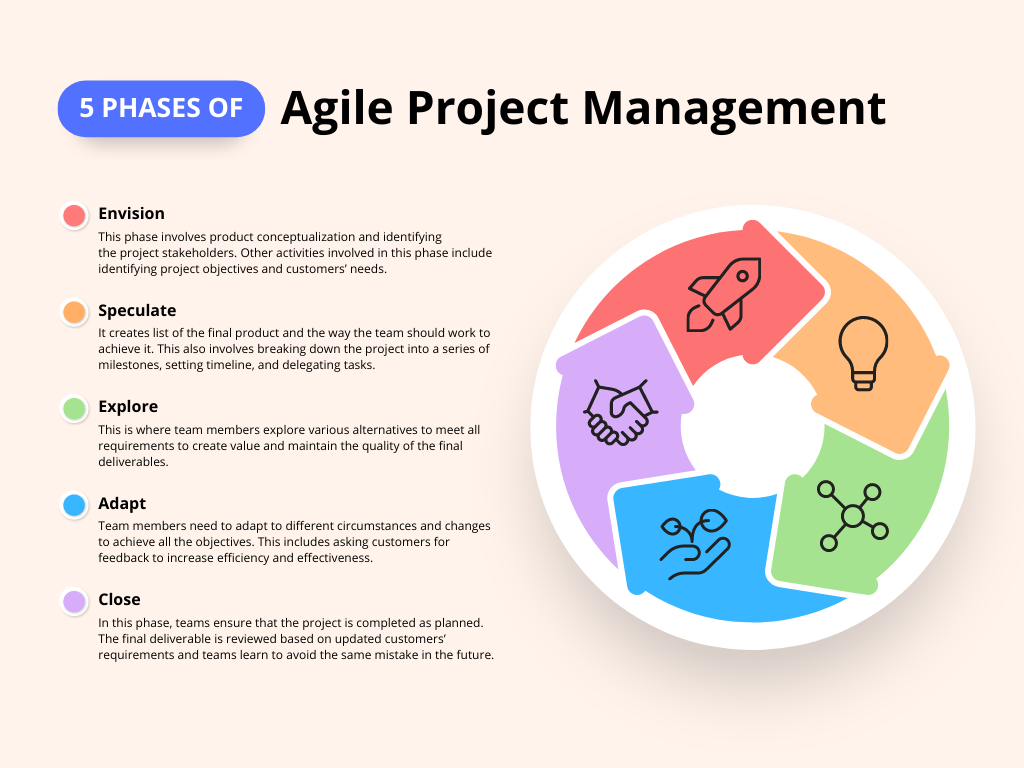Introduction to Career Advancement Strategies

Self-Assessment: Identifying Your Strengths and Weaknesses
Before diving into the fast-moving river of career advancement, you must know how to swim. That means figuring out what you’re good at and what needs work. Self-assessment is your starting block. Be honest with yourself. What skills make you stand out? Maybe you’re a communication champ or a tech wizard. But hey, nobody’s perfect. You might struggle with time management or public speaking. Acknowledging your strengths and weaknesses isn’t about beating yourself up. It’s about setting the stage for your growth game. Use your strengths as your sail to catch the career winds. Your weaknesses? They’re not dead weights. They’re your map to improvement. Knowing them helps you tackle challenges head-on, turning weaknesses into strengths over time. Keep it real with yourself, and you’re already on the path to unlocking those premium opportunities.
The Importance of Continuous Learning and Development
In the world of work, standing still is the fastest way to move backward. Continuous learning and development give you the edge to stay ahead. It’s simple. The more skills you have, the more valuable you become. Whether it’s taking an online course, attending workshops, or even reading relevant books, every bit counts. Why? Because industries evolve, new technologies emerge, and what was cutting-edge yesterday could be outdated tomorrow. It’s not just about adding fancy titles to your resume; it’s about truly understanding your field and being able to adapt and innovate. Employers notice when you invest in your growth—they see someone who’s proactive, ready to tackle challenges head-on, and lead by example. If you want to unlock premium opportunities and climb the career ladder, think of continuous learning not as an option but a necessity.
Networking: Making the Right Connections
Networking is all about who you know, and it’s a major play in the career game. Think of it as weaving your web of contacts who can help push your career forward. The trick is to start building these connections early and keep them strong. This means showing genuine interest in people, not just what they can do for you. Attend industry meet-ups, join online forums related to your field, and don’t shy away from introducing yourself to new people. Remember, it’s not about collecting contacts but about cultivating meaningful relationships. The right connection can tip you off about unlisted jobs or recommend you for opportunities that haven’t hit the market yet. And remember, always pay it forward. Helping others in their career can open doors for you down the line. So, get out there, be curious, be helpful, and start connecting.
Building a Strong Personal Brand
Building a strong personal brand is like telling the world who you are and what you stand for without speaking. It’s about showcasing your unique blend of skills, experiences, and personality in a way that stands out. Start by being authentic. Your personal brand should be a true reflection of who you are. Next, clarify what you’re great at and where you add the most value. This clarity will guide you in crafting a message that resonates with your target audience. Engage online and offline. Share your insights on social media, blogs, or forums. But also connect in the real world through networking events or professional groups. Remember, consistency is key. Everything from your LinkedIn profile to how you communicate in meetings should echo your personal brand. Lastly, be patient. Building a strong personal brand takes time, but trust me, it’s worth it. It sets you apart in the crowded job market, opening doors to premium opportunities.
The Role of Mentorship in Career Growth
Mentorship is like having a guide on your career journey. It’s when someone with more experience helps someone with less experience grow professionally. Think of a mentor as a coach who can provide advice, share knowledge, and open doors to new opportunities you didn’t even know existed. Here’s why having a mentor can be a game-changer for your career:
- Knowledge Sharing: Mentors have been where you are. They know the pitfalls and shortcuts. They can help you navigate your career path more effectively by sharing their wisdom.
- Networking: A good mentor can introduce you to people and opportunities outside your immediate circle. This can be invaluable in advancing your career.
- Encouragement and Support: There will be tough times. A mentor can offer the encouragement you need to keep going.
- Improved Skills: Mentors can provide feedback that helps you improve your skills and become more valuable to your employer or clients.
In short, finding a mentor can dramatically influence your career’s direction and speed of growth. Don’t be shy to reach out to someone you admire in your field. Most people are flattered and willing to share their knowledge and experiences.
Seeking Out and Seizing Opportunities
To climb the career ladder, spotting and grabbing opportunities is non-negotiable. You’ve got to keep your eyes peeled. Opportunities don’t just fall into your lap; you hunt them down. Dive into industry networks, online forums, and professional groups. Listen more than you speak, and when you do, make it count. Networking is not about collecting contacts; it’s about planting seeds. Volunteer for projects outside your comfort zone. It’s a surefire way to stand out. Remember, comfort zones are career graveyards. Always be ready to pitch yourself. Know your strengths and how they can solve problems. Opportunities favored the prepared. Yes, it’s about who you know, but also, who knows what you can do. Stay visible, stay eager, and never let a good chance pass by. In the game of careers, the bold take it all.
Professional and personal life balance
Finding the right balance between growing in your career and maintaining a fulfilling personal life is no small feat. You want to climb that career ladder, but not at the expense of your health or missing out on life’s precious moments. The trick? Planning and prioritization. Start by setting clear, achievable goals for your career and personal life. And remember, it’s okay to say no sometimes. Overcommitting can lead to burnout, and that helps nobody. Make sure to carve out time for yourself – yes, that means time when you’re not being productive, just relaxing or enjoying a hobby. It’s also smart to keep learning. Whether it’s a new skill for your job or something personal like painting, it keeps your brain sharp and your life balanced. Lastly, don’t undervalue connections. Networking can open doors in your career, but strong relationships outside of work provide support and happiness. Finding that harmony takes effort, but it’s worth every bit for a richer, fuller life.
Conclusion: Taking Control of Your Career Path
In wrapping up, remember the power to steer your career in the direction you want is firmly in your hands. It’s all about embracing change, getting out of your comfort zone, and taking calculated risks. Set clear goals, continually improve your skills, and network, network, network. Opportunities don’t just fall into laps; you’ve got to chase them. And yes, sometimes it feels like a gamble, but remember, the biggest wins often come from taking the biggest risks. So, gear up, plan your moves, and take control. Your career is a journey, not a race. Enjoy it, learn from every step, and keep pushing forward. Success is there for the taking for those bold enough to reach for it.








